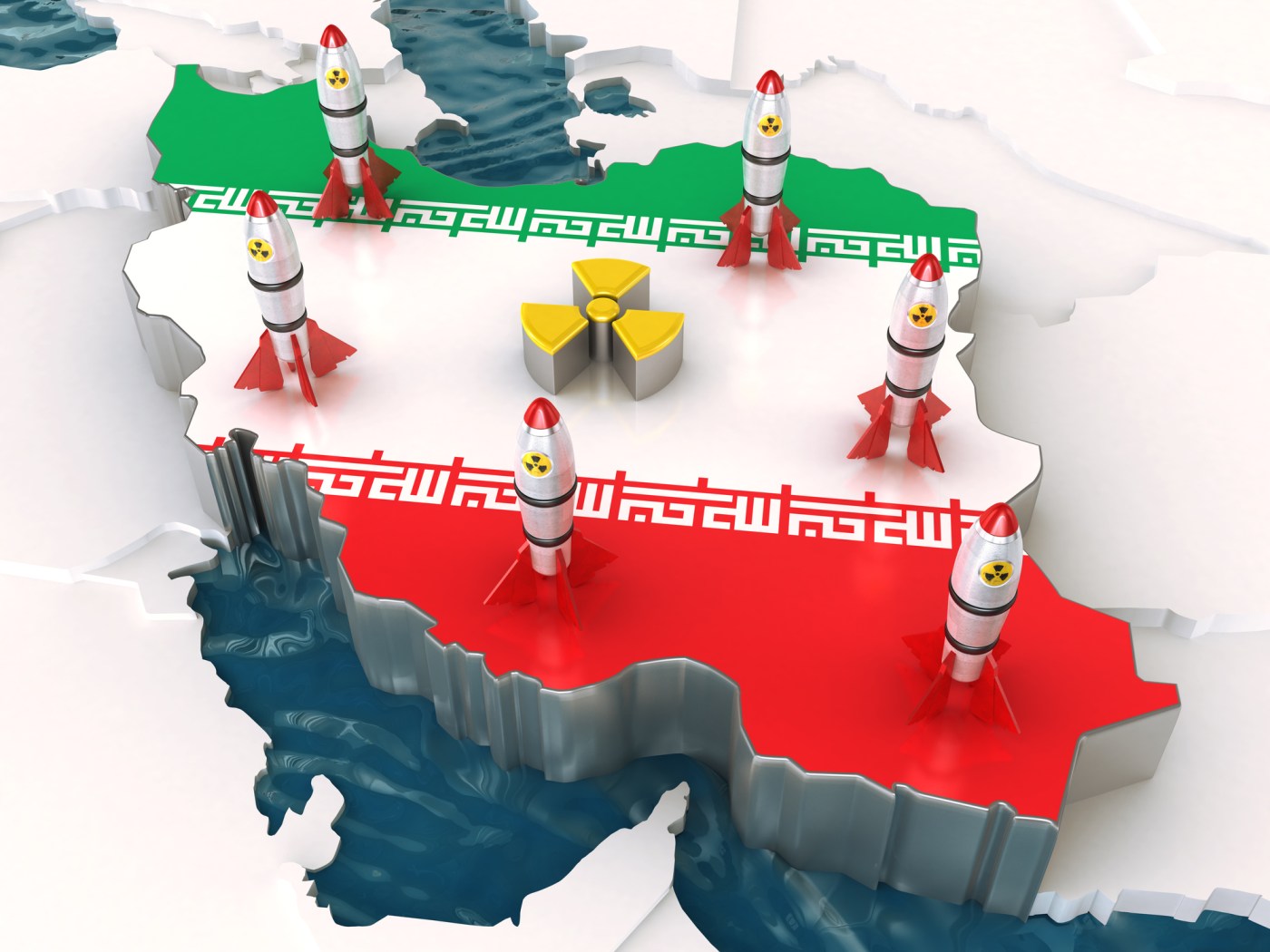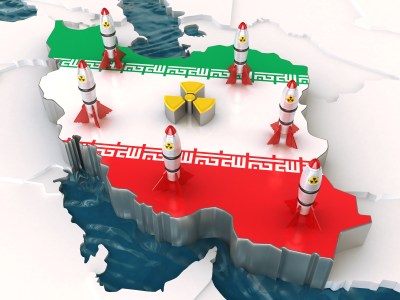As Israel prepares for a ground war with Hamas, Iran has warned of “far-reaching consequences” if, in its words, “the Israeli apartheid’s war crimes & genocide are not halted immediately.” Iran has endorsed, funded, and generally facilitated global terrorism for decades, and it backs both Hamas and Lebanon-based Hezbollah. In the recent and ongoing assault on Israel, Iran is neither a peripheral player nor an innocent bystander.
Despite Iran’s assertions that Hamas acted independently, its own actions—in addition to claims by both Hamas and Hezbollah leadership that Iran’s Islamic Revolutionary Guard Corps (IRGC) assisted in the planning and final authorization of the operation—indicate the opposite. On Friday, October 13, Iran’s foreign minister, Hossein Amir-Abdollahian, met with Hezbollah leader Hassan Nasrallah and others to discuss the Hamas attacks on Israel, which Iran has lauded as a “victory.” Amir-Abdollahian has said that Iran’s allies would respond to Israel’s self-defense measures and retaliatory destruction of large parts of Gaza. Hezbollah has also refused to heed international calls to desist from attacking Israel, stating that it is “fully ready” to fight and that it is duty-bound to do so.
A few short weeks ago, talk of Iran focused solely on what could be done to curb its nuclear ambitions. The eighth anniversary of the adoption of the Iran nuclear deal, known as the Joint Comprehensive Plan of Action (JCPOA), is tomorrow, October 18, at which time several key provisions will expire—or “sunset.” Both the indefinite embargo on the transfer of conventional arms to and from Iran and the ban on international support for Iran’s missile program will be lifted, as will a prohibition on all testing and development of nuclear-capable missiles.
In light of Iran’s persistent violation of the JCPOA by enriching weapons-grade uranium, developing and testing ballistic missiles, and exporting drones to Russia to be used against Ukraine, the United Kingdom, France, and Germany—collectively the E3 signatories to the deal—have been scrambling to find a way to keep those sanctions in place while keeping the deal intact.
Last month, the E3 announced a compromise plan to incorporate the expiring sanctions into their domestic laws—an awkward compromise weakened by the fact that domestic sanctions take time and may not be strong enough to diplomatically influence Iran. The most effective accountability tool the signatories have is the “snapback,” a provision of U.N. Resolution 2231, which endorses the JCPOA. In the event that Iran demonstrates “significant non-performance of commitments” under the JCPOA, the provision allows for the restoration—or “snapback”—of all previous U.N. restrictions on Iran that had been lifted in exchange for Iran’s limitation and cessation of certain nuclear activities and development.
The snapback’s effectiveness lies in the threatened reimposition of the harsh sanctions from which Iran sought relief. The U.N. sanctions are the one thing Iran fears, and the prospect of removing them is what motivated Iran to initially agree to stem its nuclear program. Iran only respects strength, and the snapback is the strongest mechanism the signatories now have to prevent Iran from exporting its militancy throughout the world.
With Iran on the verge of having the unfettered ability to develop nuclear-capable missile technology, and to distribute ballistic missiles and other weapons to whomever asks, international inaction against a nuclear Iran will open the floodgates and there will be very little to hold it back. While Iran may deny involvement in the onslaught against Israel today, in a few days’ time there will be nothing to stop the Iranians from developing their nuclear arsenal and participating uninhibitedly in international conflicts.
The infliction of relentless carnage on Israel’s sovereign territory has served Iran well, both ideologically and practically. Iran shares Hamas’ and Hezbollah’s appetite for the destruction of Israel, and the Hamas attack has been a convenient distraction from the imminent expiration of provisions of the JCPOA. The October 18 sunset is no longer at the forefront of the international agenda, as Iran almost certainly hoped.
The Biden administration has been reluctant to accuse Iran of direct involvement in the assault on Israel, ostensibly out of a concern for the eruption of a far greater regional instability if Iran is implicated in the attacks. But this is a misguided attempt to salvage the remaining shards of a deal that has been irreparably shattered for years. If the E3 nations insist on retaining the U.N. sanctions in their domestic laws, they will be preserving the deal on paper, but not in practice. Iran respects neither the E3 nor their sanctions, as the Iranian government and the IRGC have been successfully evading domestic sanctions for decades.
No matter what happens after the sunset tomorrow, the JCPOA has not worked—and it cannot be saved. Reactivating the punishing U.N. sanctions that brought Iran to the negotiating table in the first place can curb Iran and level the playing field, effectively destroying the defunct deal in the process. We cannot allow Iran to use Hamas and Hezbollah to distract the international community from the imminent lapse of restrictions that will ultimately give Iran extensive power to pursue a lethal agenda, especially with concerns increasing daily over expansion of the conflict beyond Israel’s borders. As the sunset looms before us, it is time to reimpose punitive U.N. sanctions on Iran, utilizing the immediately available legal mechanism of the nuclear deal, and hold Iran accountable as well for the eruption of instability in the Middle East.
Click here for more coverage of the war in Israel.






Please note that we at The Dispatch hold ourselves, our work, and our commenters to a higher standard than other places on the internet. We welcome comments that foster genuine debate or discussion—including comments critical of us or our work—but responses that include ad hominem attacks on fellow Dispatch members or are intended to stoke fear and anger may be moderated.
With your membership, you only have the ability to comment on The Morning Dispatch articles. Consider upgrading to join the conversation everywhere.